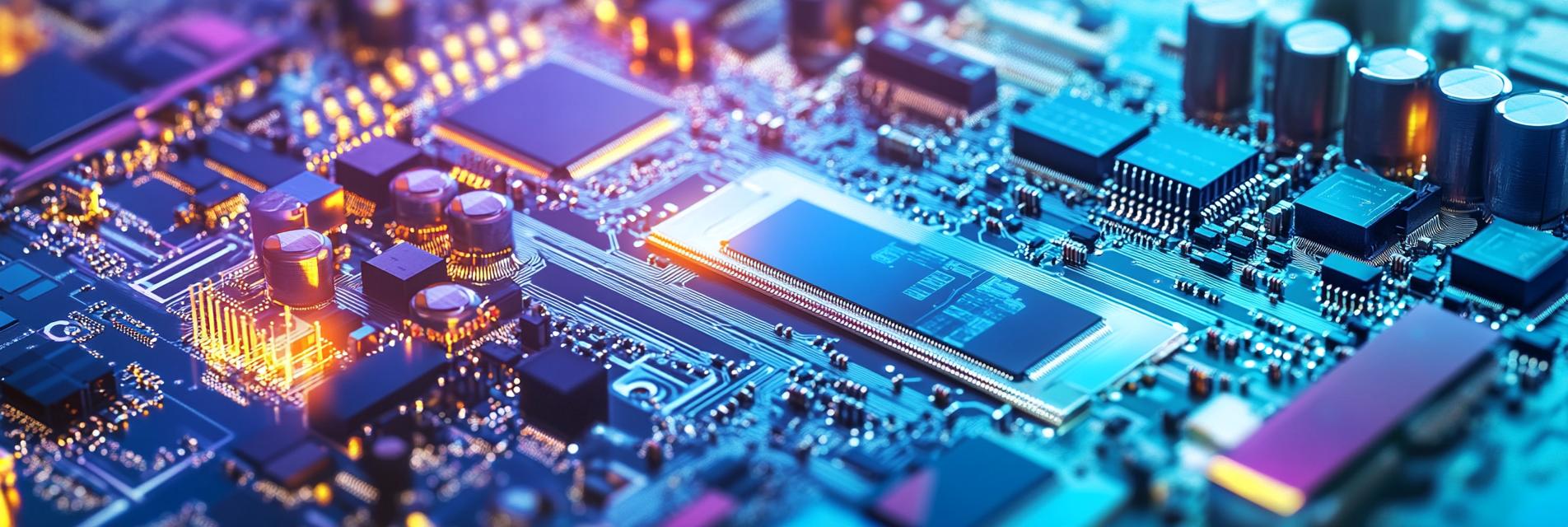The printed circuit board (PCB) industry has witnessed unprecedented growth, driven by advancements in technology and the increasing demand for electronic devices. However, this growth comes with a significant responsibility towards environmental sustainability. Companies are now facing pressure to comply with stricter environmental regulations while maintaining production efficiency. This article explores the future trends of environmental compliance in PCB manufacturing, emphasizing sustainable practices and innovative technologies.
One of the key trends shaping the future of PCB manufacturing is the shift towards sustainable materials. Manufacturers are increasingly investing in eco-friendly materials that reduce the environmental impact during both production and disposal. This includes the use of biodegradable substrates, lead-free solder, and recyclable components. As awareness grows regarding the importance of recycling electronic waste, companies are finding that adopting sustainable materials not only enhances their compliance with environmental regulations but also improves their public image in the eyes of eco-conscious consumers.
Another critical trend is the adoption of innovative manufacturing processes that prioritize environmental compliance. Techniques such as additive manufacturing and advanced etching processes minimize waste and energy consumption. These technologies allow manufacturers to produce PCBs with higher precision and less material waste, thereby aligning with sustainability goals. Furthermore, automation in manufacturing processes enhances efficiency, reducing the overall environmental footprint of PCB production.

As the landscape of environmental regulations evolves, so too does the need for manufacturers to stay ahead of compliance requirements. Certification processes such as ISO 14001 for environmental management can enhance a company's credibility in the marketplace. By obtaining these certifications, PCB manufacturers can demonstrate their commitment to environmental standards, which can be a significant marketing advantage. The push for compliance not only safeguards the environment but also encourages manufacturers to embrace new practices that can lead to better operational efficiency.
In conclusion, the future trends of environmental compliance in PCB manufacturing reflect a growing recognition of the importance of sustainability. With an emphasis on sustainable materials, innovative manufacturing processes, and adherence to regulatory compliance, the industry is moving towards a greener paradigm. As these trends continue to evolve, PCB manufacturers will be better positioned to meet the challenges of the future, ensuring that they remain competitive while taking meaningful steps towards a sustainable environment.
